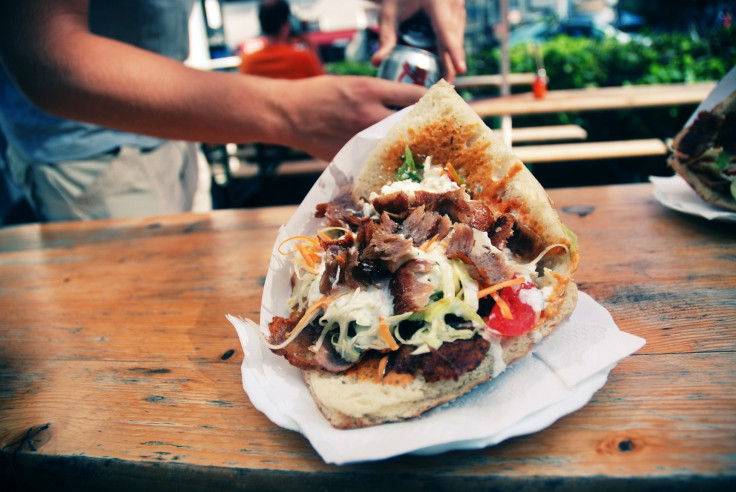Death of the doner kebab? EU looks to ban key ingredient from post-pub treat
Phosphates have come under the microscope as a possible health risk.

A new European Parliament initiative could lead to the restriction of a key ingredient in kebabs, a move that could threaten the future of the popular dish on the continent.
The Parliament's Health Committee has objected to a proposal by the European Commission to allow the addition of phosphates to frozen kebab meat. Phosphates help the meat retain flavour and moisture even after hours of cooking on a spit. However, the Committee says they could be a health concern.
EU rules do not generally allow the use of phosphates in meat preparations, but due to a host of exceptions they are currently being used in both fresh and frozen produce destined for kebab restaurants.
The EU parliament will debate the Commission's proposal in two weeks time at a session in Strasbourg. If the Parliament rejects the proposal by a majority, the Commission will have to go back to the drawing board and write a new law, which could involve limits on the use of phosphates in kebab meat.
The Parliament's Socialist & Democrats group together with the Greens-European Free Alliance have drafted a resolution to veto the proposal.
The latest moves have worried many in the kebab industry – which employs an estimated 200,000 people in Europe. Germany, where the kebab is by far the most popular fast food, is particularly concerned.
"If the European parliament gets its way, this would be the death sentence for the entire doner kebab industry in the European Union," Kenan Koyuncu of the German association of doner kebab producers told Germany's biggest daily newspaper Bild Zeitung.
Bild reports that an estimated 110,000 jobs are reliant on kebabs in Germany alone, while also noting that 80% of the 500 tonnes of doner meat produced in Europe every day – almost all of which is delivered frozen – is made in the country.
The Health Committee claim there are "serious health concerns" surrounding the use of phosphates, citing a 2012 scientific review that linked the additive to an increased risk of cardiovascular disease.
A US study published in 2013 also found a link between diets high in phosphates and increased mortality rates in the country.
However, the evidence is inconclusive at present. A European Food Safety Authority assessment concluded that it was not possible to attribute increased risk of cardiovascular disease to the consumption of phosphate additives.
Susanne Melior, an MP for the German SPD in the European Parliament who objected to the Commission's proposal, rejected any notion that the doner was under threat. She said that the Health Committee raised the objection because it wanted to wait on the results of an EU phosphates study before allowing a change in the law. The research is due to be published at the end of next year.
"Nothing is happening and no doner kebab is in danger, so naturally no jobs are in danger either," she told German daily Der Tagesspiegel. "At the moment we just want to wait until the results of the study are published. Why would we make the use of phosphate more explicit before we have seen the results?" she said.
However, if phosphates are found to be a health risk by the EU report, Melior suggested that a variety of foods which use phosphate additives – ranging from cakes to sausages – could face tighter regulations.




















